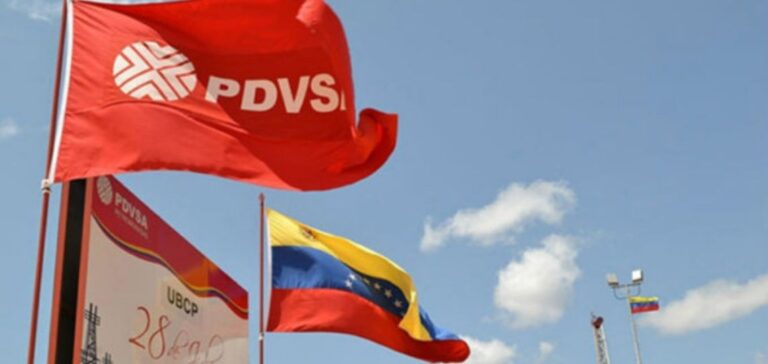In Venezuela, the resignation of the oil minister for corruption comes in a difficult political and economic context. Venezuelan Oil Minister Tareck El Aissami announced his resignation on Monday, after an anti-corruption operation targeting several of his close associates. The announcement comes after an investigation was launched into at least $3 billion in alleged embezzlement at PDVSA, Venezuela’s state-owned oil company.
After the resignation of the oil minister, investigations into corruption continue in Venezuela
President Nicolas Maduro accepted El Aissami’s resignation to facilitate investigations into alleged embezzlement. At least six officials were arrested, including three close to Mr. El Aissami. The close-to-government daily Ultimas Noticias reported that the $3 billion disappeared last year in oil sales transactions using cryptocurrencies, a way to circumvent U.S. sanctions.
Venezuela has been targeted by more than 25 corruption investigations since 2017, which have led to the arrest of several dozen PDVSA employees and two oil ministers, Eulogio del Pino and Nelson Martinez. Rafael Ramirez, former oil minister and confidant of the late President Hugo Chavez, is also accused of embezzlement by Venezuela, which has so far unsuccessfully demanded his extradition from Italy, where he has fled.
A government that promises to completely clean up PDVSA
The Venezuelan government promises to completely clean up PDVSA of all mechanisms of corruption. President Maduro said, “We are going to completely clean PDVSA of all these mechanisms, of all this barbarity, of all these people who steal the people’s money, with drastic restructuring measures at the highest level, as we have already begun.”
Tareck El Aissami, under U.S. sanctions, is one of the most powerful leaders of Venezuela’s ruling Chavism. He has been Vice President of the country, as well as Minister of the Interior and Industry. His resignation comes at a difficult political and economic time for Venezuela, which has been facing an economic, political and social crisis for several years.
An operation to fight corruption in Venezuela
The ongoing anti-corruption operation in Venezuela is aimed at fighting the corruption that has plagued the country for several years. Investigations have led to the arrest of numerous politicians and PDVSA employees. The Venezuelan government hopes to restore public confidence in the country’s institutions and revive the economy.
In conclusion, the resignation of Venezuelan Oil Minister Tareck El Aissami comes at a difficult political and economic time for Venezuela. Investigations into alleged embezzlement at PDVSA continue, as part of an anti-corruption operation to fight corruption in the country





















